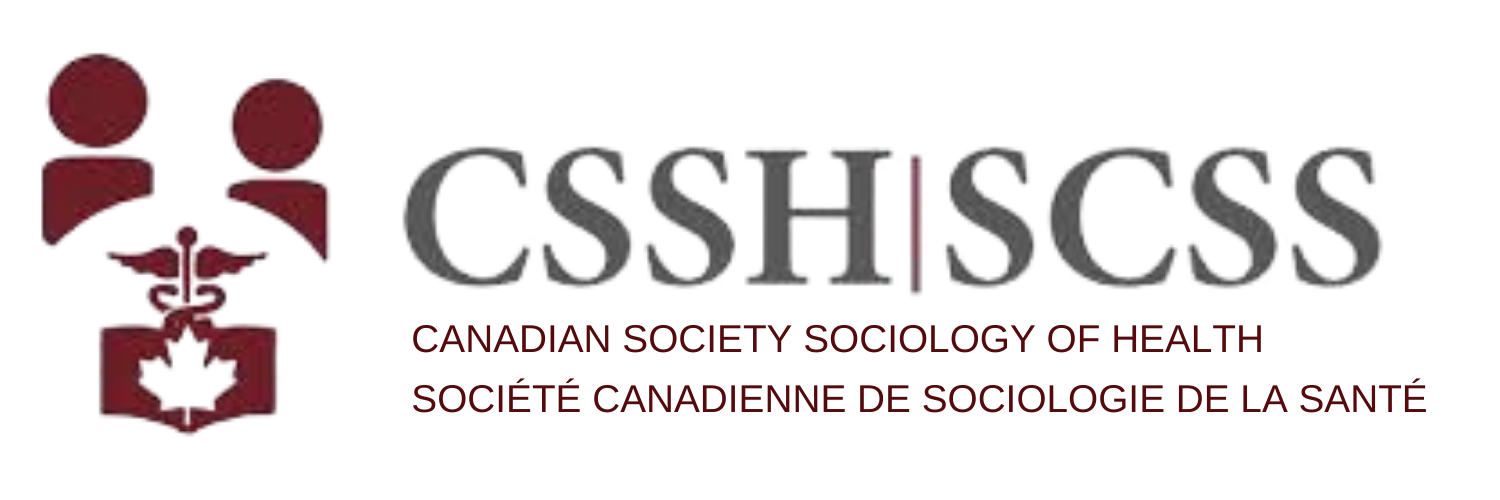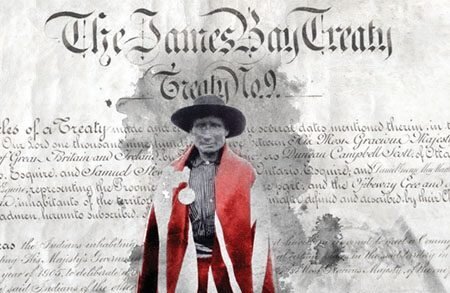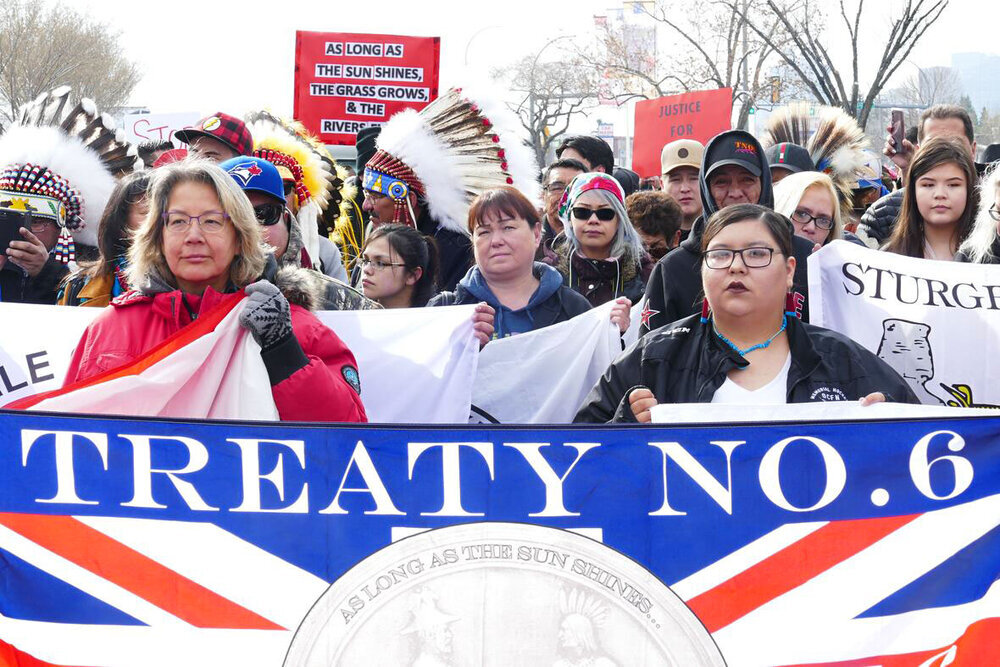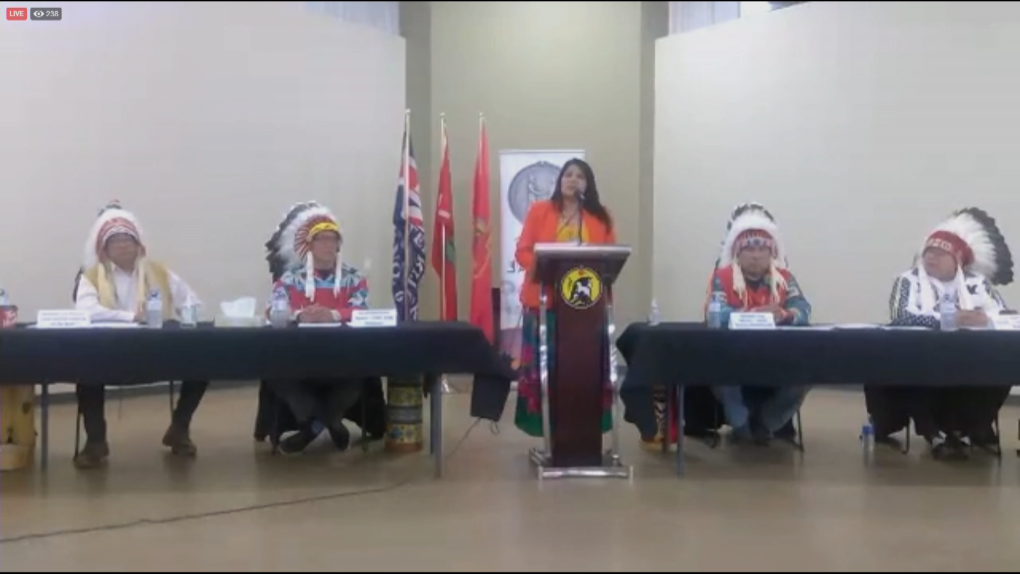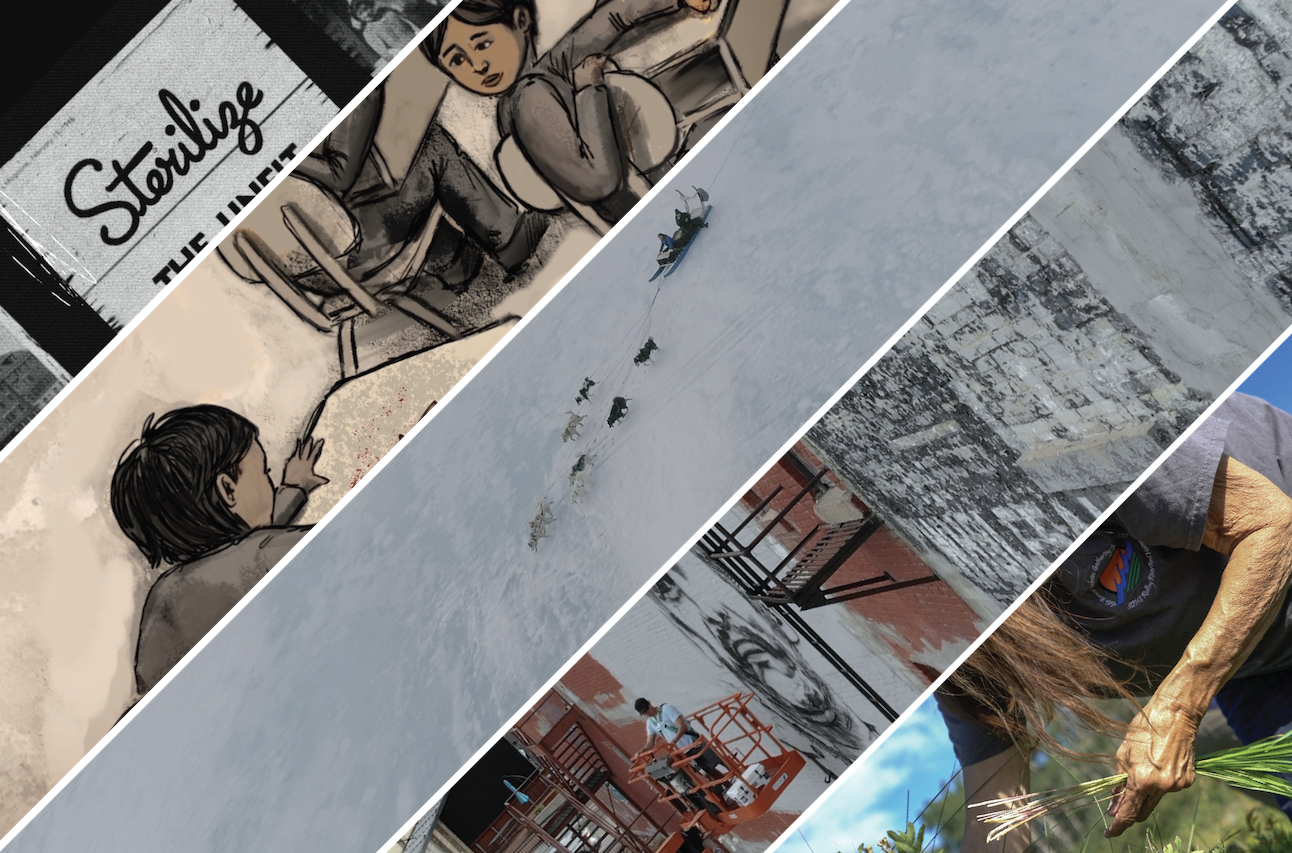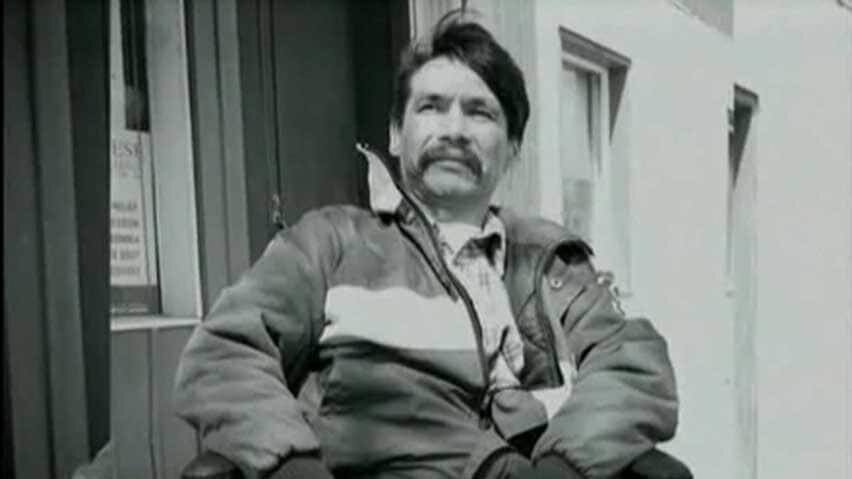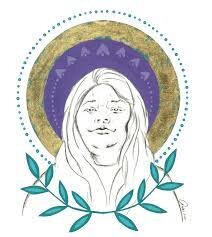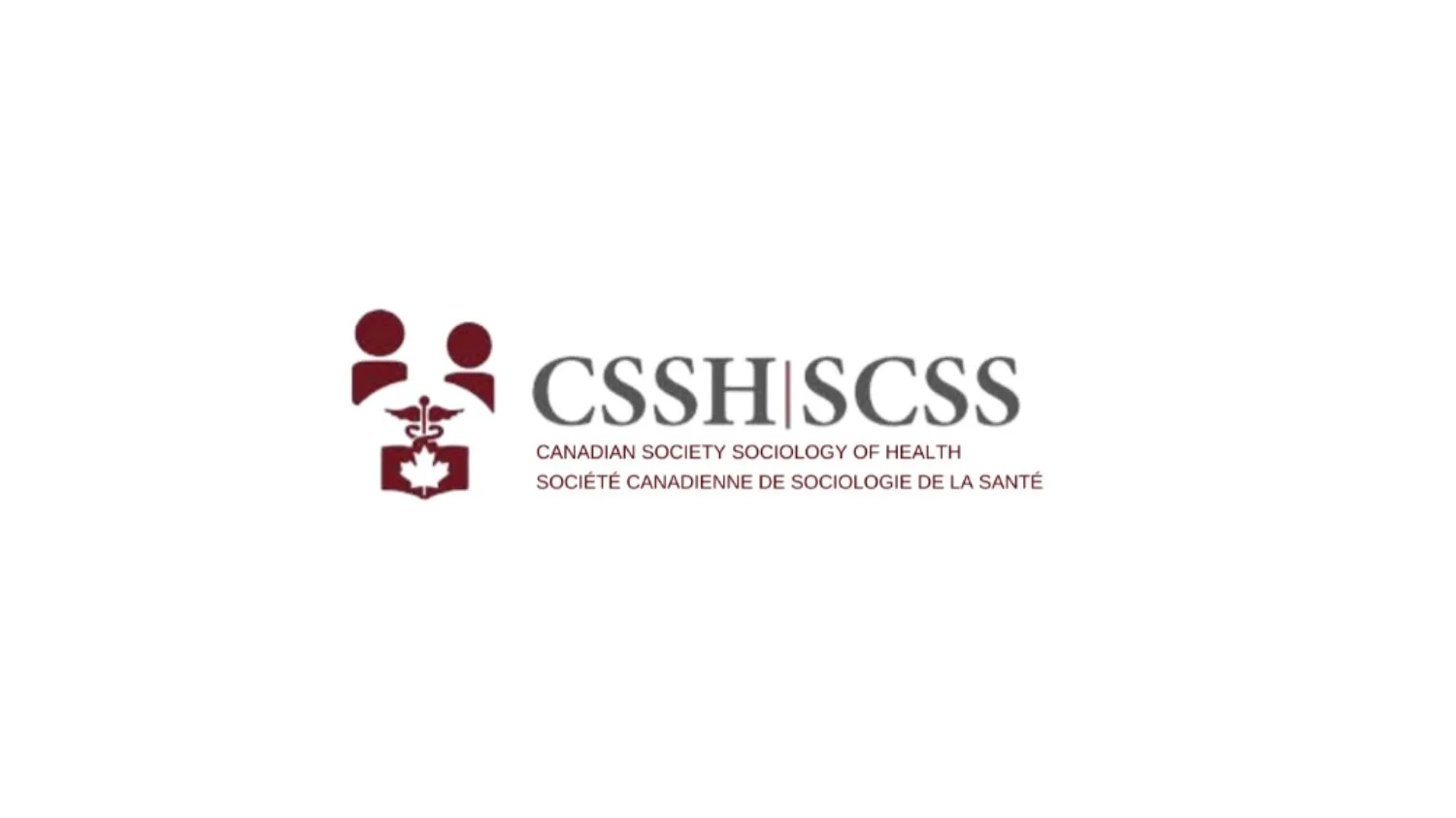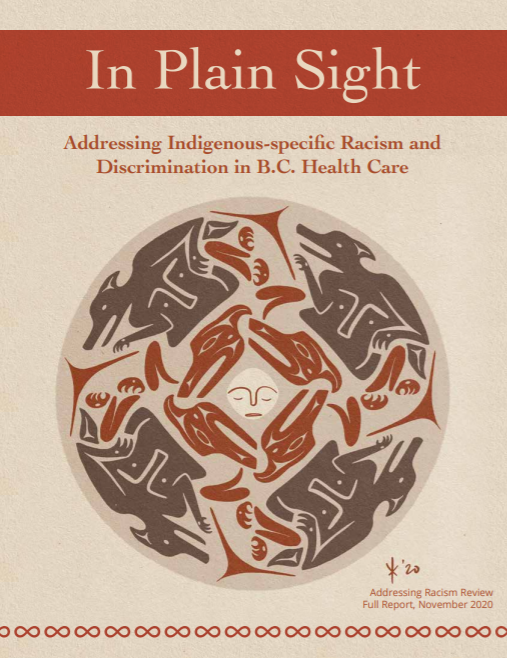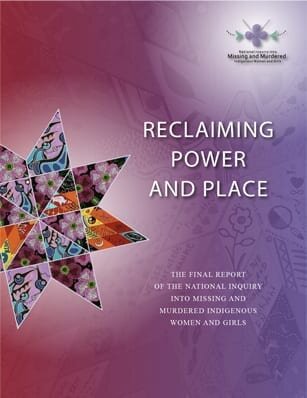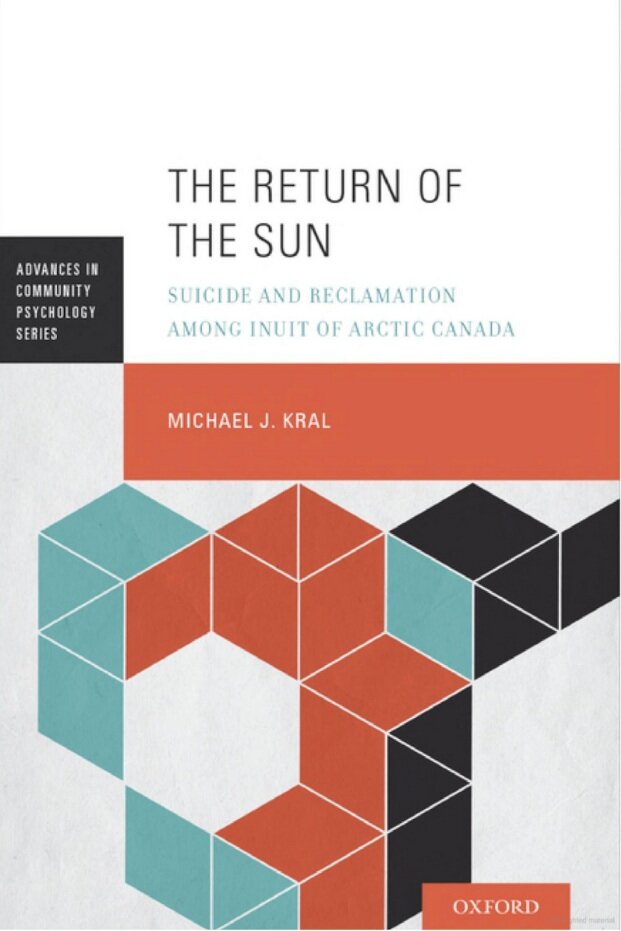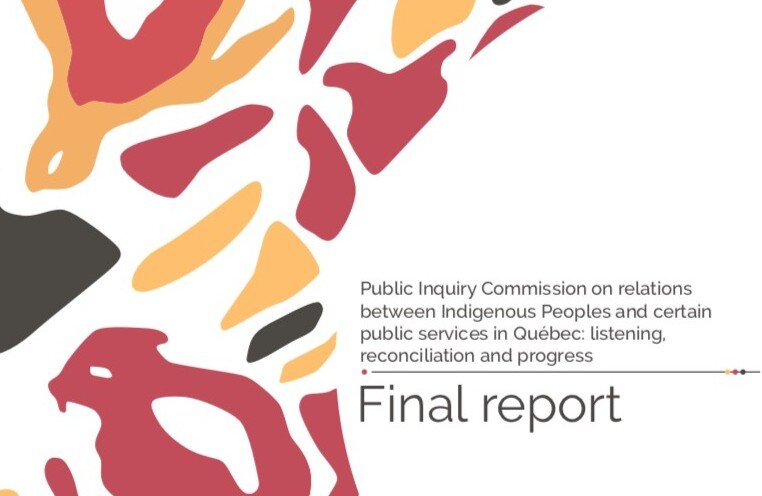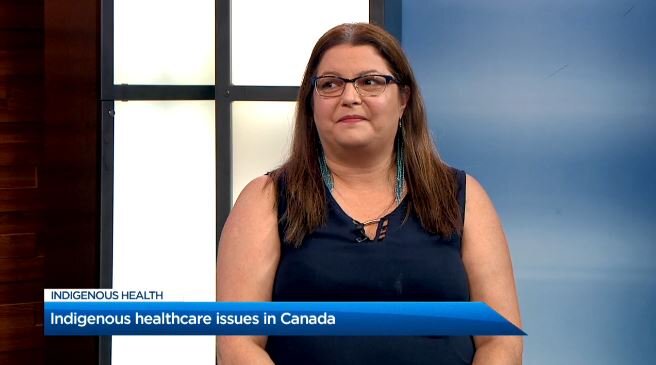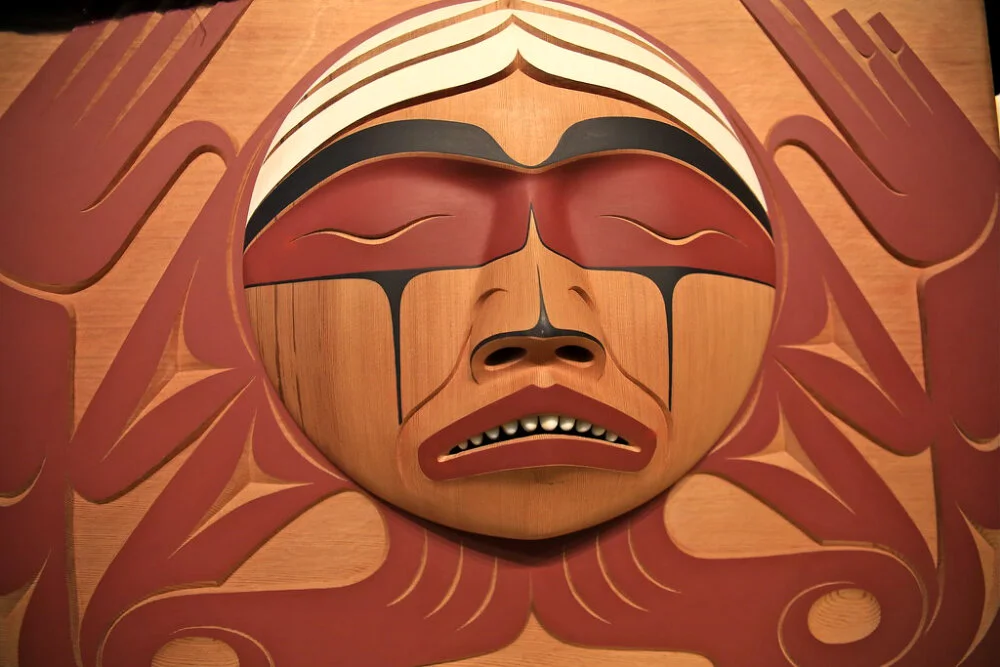
Indigenous Health & Healthcare Resources
Key Concepts and Historical Background
How to talk about Indigenous people
2017
Indigenous, Aboriginal, First Nations, Inuit, Metis – what is in a name? Check out this short video.
Canadian History and the Indian Residential School System
2014
A helpful history of the Indian Act, Residential School System and Treaties
The Indian Act Explained
2018
The Indian Act Explained with Bob Joseph
Canadian Shame: A History of Residential Schools | Ginger Gosnell-Myers | TEDxVancouver
2018
Researching and Revealing Indian Hospitals in Canada
2017
By Dr. Maureen Lux for her book Separate Beds: A History of the Indian Hospitals in Canada
Senator Murray Sinclair: The truth is hard. Reconciliation is harder
2017
Keynote speech at CCPA-BC's 20th Anniversary Gala: Senator (and former Justice) Murray Sinclair was the Chair of the Indian Residential Schools Truth and Reconciliation Commission (TRC). He was the first Indigenous judge appointed in Manitoba and is a current member of the Canadian senate. His talk comes at an opportune time for British Columbia, as we seek to understand how best to implement the TRC’s recommendations.
Sen. Murray Sinclair: How can Canadians work toward reconciliation
2018
Truth and Reconciliation Commissioner Murray Sinclair says Canadians can work toward reconciliation by reading the report and finding a call to action that interests them.
The Legacy of Nutritional Experiments in Residential Schools
2014
Shortly after WWII, when knowledge about nutrition was still sparse, scientists in Canada took advantage of already malnourished aboriginal communities by using them as research subjects to investigate the effects of different diets and dietary supplements. (start at 14:40 ends at 28:02)
Namwayut: we are all one. Truth and reconciliation in Canada | Canada is ...
2017
Chief Robert Joseph shares his experience as a residential school survivor and the importance of truth and reconciliation in Canada.
Trick or Treaty?
2014
Covering a vast swath of northern Ontario, Treaty No. 9 reflects the often contradictory interpretations of treaties between First Nations and the Crown. To the Canadian government, this treaty represents a surrendering of Indigenous sovereignty, while the descendants of the Cree signatories contend its original purpose to share the land and its resources has been misunderstood and not upheld. Watch Here
Treaty 6
Treaty 6 was signed by Crown representatives and Cree, Assiniboine and Ojibwa leaders on 23 August 1876 at Fort Carlton, Saskatchewan, and on 9 September 1876 at Fort Pitt, Saskatchewan. The treaty boundaries extend across central portions of present-day Alberta and Saskatchewan.
Maskwacis activates 'medicine chest' treaty clause, declaring state of emergency
2020
The chiefs said the Maskwacis declaration is intended to activate the medicine chest and famine and pestilence clauses of Treaty 6.
The clauses have been interpreted by Indigenous leaders to mean that the federal government has an obligation to provide all forms of healthcare to First Nations people on an ongoing basis.
Indigenous Health and Health Care in Canada
The Unforgotten
Exploring the health and well-being of Inuit, Métis and First Nations peoples across five stages of life: birth, childhood, adolescence, adulthood and elderhood. Featuring stories rich in visuals, poetry and music, the film uncovers instances of systemic racism, the impacts of colonialism and the ongoing trauma experienced by Indigenous peoples in the Canadian health care system. The Unforgotten is a five-part anthology. While the film is meant to be watched as a whole, each story can also be watched individually.
11 facts about the gap between First Nations and the rest of Canada
2015
The Globe and Mail's Sherrill Sutherland takes a look at the disconcerting gap in education, wealth and health between First Nations people and the rest of Canada
Indigenous health in Canada
2018
This video elaborates on common issues experienced by indigenous individuals in Canada, in particular, the problems they face regarding access to healthcare. Indigenous populations are affected by all social determinants of health, as well as a complex history of colonialism, racism and residential schools.
Water: The life of a community
2017
Nearly 1,800 small and rural communities in Canada do not have clean drinking water. This is particularly a problem for First Nations communities where boil water advisories are a way of life.
Canada's Indigenous Suicide Crisis... a brief explanation
2018
One of the leading causes of death for the Indigenous peoples of Canada is suicide and self inflicted injuries- leading to a suicide crisis. They face a lot of discrimination and struggles on a daily basis. From poor housing conditions to low rates of education, there's a clear difference in the lives of a non Indigenous Canadian and an Indigenous person. This short informative piece was made to spread awareness and educate others on this issue.
The Brian Sinclair case: First Nations, Second-Class Care
2014
Sinclair, 45 was a homeless man and a double-amputee who died at the Health Sciences Centre in Winnipeg of a treatable bladder infection after waiting 34 hours for care. He was also aboriginal. Read and Listen here
Report on Brian Sinclair: Out of Sight
Jordans Principle the story of Jordan River Anderson - Maurina Beadle
2013
Jordans Principle - Cindy Blackstock telling the story of Jordan River Anderson - Maurina Beadle
2018 update on Jordan’s Principle
2018
Forced sterilization of Indigenous women is Canada-wide issue: Yvonne Boyer
2018
Senator Yvonne Boyer joins CPAC's Martin Stringer to discuss the issue of Indigenous women being sterilized in Canada without consent.
Introducing Joyce's Principle - Atikamekw present Joyce's Principle to the governments of Québec and Canada
2020
Circles: Indigenous Research Methods
2021
Presented by Dr. Angela Mashford-Pringle at the University of Toronto.
Is Canada's health care system failing patients in northern communities?
2018
Dr. Mike Kirlew is a family physician based in Sioux Lookout, Ont., and he’s one of the few doctors that flies into remote Indigenous communities. He says the level of care his patients receive is nowhere near comparable to what other Canadians receive.
Indigenous health inequities - UVic's Charlotte Loppie
2017
Charlotte Loppie is a professor in UVic’s School of Public Health and Social Policy, and director of the Centre for Indigenous Research and Community-Led Engagement.
The Indian Solution to the Policy Problem: Developing an Indigenous Policy-making Model
2014
The Indian Solution to the Policy Problem: Developing an Indigenous Policy-making Model to Address First Nations Health and Education Disparities
Planning with the Land and Food Sovereignty
2021
Breakout session panel on planning with the land and food sovereignty hosted by Cici Stirrett with panelists Leigh Joseph and Curtis Clearsky for Day 2 of the 2020 BC Region Virtual Comprehensive Community Planning Workshop.
In Plain Sight Addressing Indigenous-specific Racism and Discrimination in B.C. Health Care
Reclaiming Power and Place: The Final Report of the National Inquiry into Missing and Murdered Indigenous Women and Girls
The Return of the Sun: Suicide and Reclamation Among Inuit of Arctic Canada
2019 Oxford University Press
Indigenous Peoples and Dementia: New Understandings of Memory Loss and Memory Care
2019 UBC Press
The Viens Commission Final Report
On September 30, 2019, the Public Inquiry Commission on relations between Indigenous Peoples and certain public services in Québec: listening, reconciliation and progress, chaired by the Honourable Jacques Viens, released the report submitted to the government at the completion of its mandate. In a call for reconciliation and a new balance of forces, the Commission's report puts forward 142 measures, several of which stem from findings that apply to all services investigated. One of these recommendations is the adoption by the National Assembly of a motion to recognize and implement the United Nations Declaration on the Rights of Indigenous Peoples, as well as the adoption of a law to ensure that the provisions of this Declaration are incorporated into Québec’s legislative corpus. Read more. Lire la suite.
-
Bi-culturedness Effects on the Mental Health of Indigenous Peoples
Angela Mashford-Pringle
-
How’d We Get Here from There? American Indians and Aboriginal Peoples of Canada Health Policy
Angela Mashford-Pringle
-
CHL5520 Indigenous Health Course Readings
Dalla Lana School of Public Health
-
Indigenous Health Resources
University of Toronto guide for Indigenous Health Resources
-
First Nations, Metis and Inuit Health Information
University of Manitoba guide for Indigenous Health
-
The Lancet: Advancing Racial Equality

Promising Practices on the Path towards Reconciliation
Two-Eyed Seeing and other lessons learned within a co-learning journey of bringing together indigenous and mainstream knowledges and ways of knowing
2012
Journal of Environmental Studies and Sciences
Indigenous healthcare issues in Canada
2019
Angela Mashford-Pringle discusses her new public health program that emphasizes indigenous health care
Indigenous Knowledge to Close Gaps in Indigenous Health | Marcia Anderson-DeCoteau | TEDxUManitoba
2016
Health programs that are culture-based and use both western and Indigenous knowledge have the potential to be more responsive to Indigenous peoples and their rights than the status quo and could be the key to closing the gaps in Indigenous health.
Truth before reconciliation: 8 ways to identify and confront Residential School denialism
2021
In its 2015 final report, the Truth and Reconciliation Commission was clear: “Without truth … there can be no genuine reconciliation.” The problem, the commissioners explained, is that “too many Canadians know little or nothing about the deep historical roots” of the ongoing issues stemming from settler colonialism generally and residential schooling specifically.
